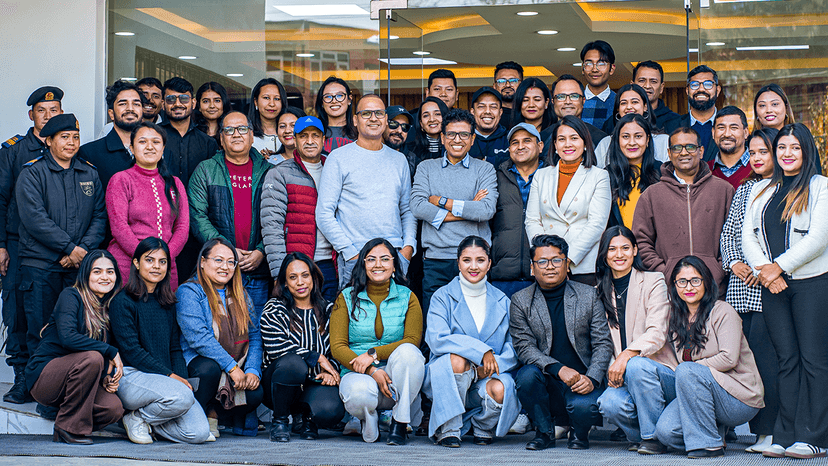Our previous blog discussed how Nepal practiced entrepreneurship long before we understood it. Historically, there was a concept that entrepreneurship could not be taught. Yet, this concept has changed, and entrepreneurial education has emerged in Nepal. Few higher educational institutions, including Kings College, Kathmandu University School of Management, Presidential Business School, etc. Adapting to these entrepreneurship-related courses improves and promotes entrepreneurial education. These efforts have encouraged young adults to participate in the entrepreneurial ecosystem. Let's look at the current setting and scenario of entrepreneurship in Nepal. Nepal's startup economy has grown dramatically in recent years. Nepal's startup culture has seen a drastic growth, particularly since COVID-19. With 83,386 firms registered in the fiscal year 2020–21. Not all of these were specifically startups, but as more new companies and enterprises were registered, startups and entrepreneurship grew.
Nepal blends its cultural heritage with innovation, notably in agriculture and handicrafts. Ventures like SabaratAgro, which produces flavored Elaitea (lemon, peach, and large cardamom), merge traditional practices with modern entrepreneurship. The Agri Baato app connects farmers directly to industries, bypassing middlemen to ensure fair pricing. Handicraft initiatives like Bamboo Bazaar modernize ancient crafts, offering affordable, eco-friendly bamboo products (toothbrushes, mugs, etc.). These efforts highlight Nepal’s agricultural and handicraft roots while fostering economic inclusivity, proving tradition and progress can coexist in ventures rooted in local culture and resources.
While Nepal leverages its heritage for innovation, its entrepreneurial ecosystem also thrives on modern advancements like AI, fintech, and manufacturing. Digital platforms like Esewa, Khalti (mobile wallets), and Tootle (ride-sharing) reflect tech-driven growth. Yatri Motorcycles, Nepal’s first electric bike manufacturer, overcame various legal obstacles to succeed and recently partnered with Sipradi to launch scooters. Despite success stories in agriculture, tech, and manufacturing, many ventures struggle to recognize their full potential due to fragmented support, market barriers, or limited resources. Nepal’s blend of tradition and modernity fuels progress, but systemic challenges delay entrepreneurial growth, emphasizing the need for strategic nurturing.
In our upcoming blog, we’ll explore why the sustainable entrepreneurship ecosystem is falling short and not living up to its full potential.



